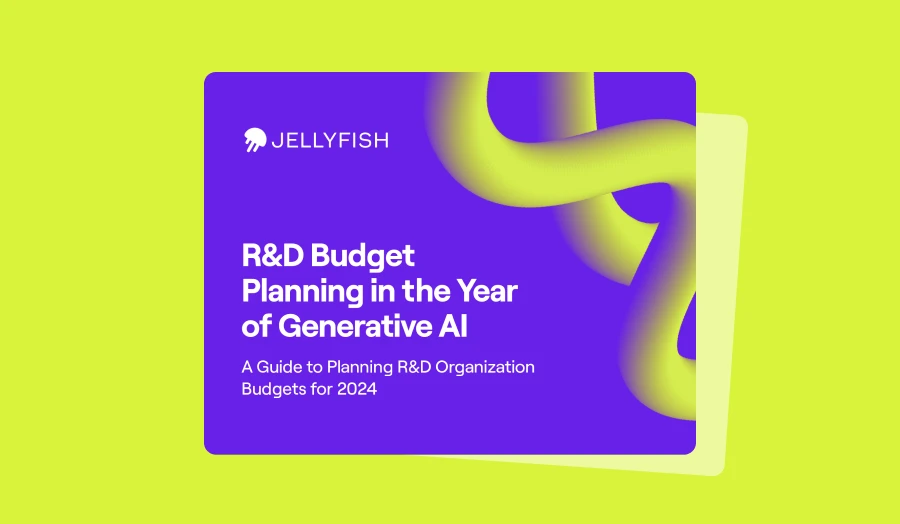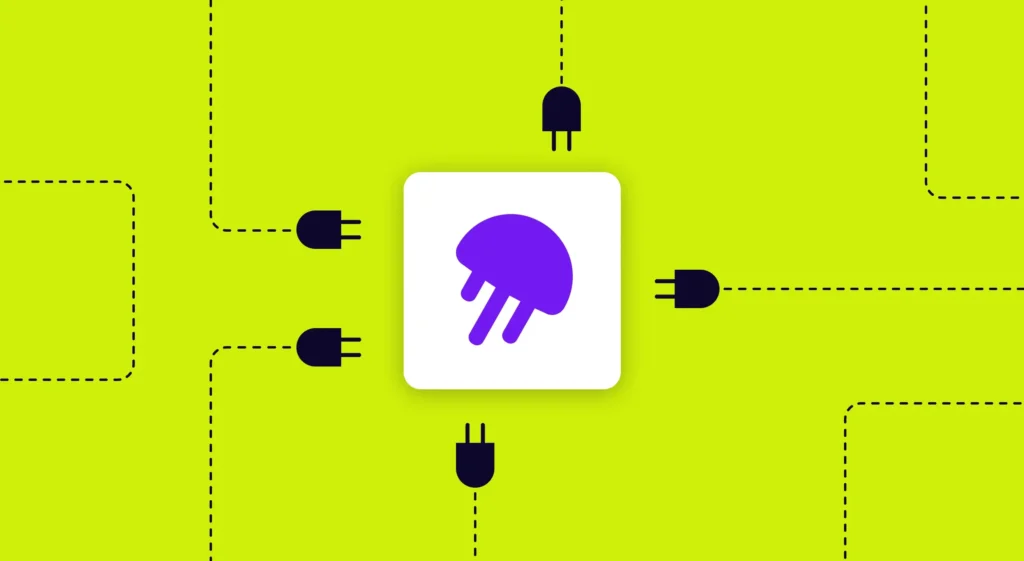AI Engineers and Software Engineers: What’s the Difference?
Software engineering encompasses a broad spectrum, involving tasks such as designing, building, testing, and maintaining software applications across diverse industries, including finance, healthcare, entertainment, and more.
Artificial Intelligence (AI) engineering represents a specialized niche within software engineering, specifically dedicated to crafting intelligent systems capable of learning from data and making informed decisions or predictions based on that data.
Let’s break down some of the major attributes of each position:

AI Engineer
The field of artificial intelligence has experienced remarkable growth and progress in recent years, resulting in a rising demand for specialized professionals like AI engineers. AI engineers primarily concentrate on developing and implementing AI models that enable organizations to leverage the potential of machine learning and deep learning algorithms to enhance their operations.
AI Engineer Responsibilities
An AI engineer’s main role revolves around designing and crafting AI models tailored to tackle diverse business challenges using machine learning techniques. These models empower organizations to make decisions based on data, elevate customer experiences, streamline operations, and boost overall efficiency.
Minimum Required AI Engineer Skills
To excel in their roles, an artificial intelligence engineer is expected to have skills like:
- Expertise in various programming languages such as Python, R, or Java
- Proficiency in data visualization tools like Tableau or Power BI
- A strong foundation in mathematics and statistics
- Knowledge of cutting-edge machine learning frameworks such as TensorFlow or PyTorch
One of the crucial aspects of an AI engineer’s responsibilities is ensuring that the AI models they develop are robust, accurate and reliable using rigorous testing and validation processes. They also need to ensure that the deployed algorithms adhere to ethical guidelines and do not inadvertently introduce biases into the system.
Continuous Learning
Another essential part of an artificial intelligence engineer’s job is staying abreast of new developments in technology that could potentially improve or disrupt existing methods. This requires continuous learning through research papers, industry events, online courses and collaborations with peers to ensure their knowledge remains up-to-date with cutting-edge innovations.
Collaboration
In addition to working on individual algorithms for specific tasks, AI engineers often collaborate with data scientists, engineers from other disciplines, domain experts, and stakeholders. Interdisciplinary cooperation ensures that developed solutions are precisely tailored to address the organization’s challenges.
Integration
The role of an artificial intelligence engineer extends beyond just creating AI models. They also need to ensure that these models are scalable, maintainable, and well-documented so that they can be easily integrated with existing systems or replicated by other engineers. Furthermore, AI engineers are responsible for optimizing these models’ performance, monitoring their impact on real-world applications, and iterating upon them to continuously improve their effectiveness.
Software Engineer
Software engineering is a diverse field that involves applying scientific and technical knowledge to build, enhance, and maintain software systems. It encompasses a wide array of skills and practices, including:
- Requirements analysis
- Design
- Coding
- Testing
- Debugging
- Security
- Documentation
- Ongoing maintenance
Software engineers have the task of crafting top-notch software products that align with user requirements and perform effectively in real-world scenarios.
Software Development
One key aspect of the software engineer’s role is software development. This process includes a series of iterative phases from the conception of an idea to the delivery of a final product.
Software development encompasses various activities, such as:
- Collecting and analyzing requirements
- Designing a system architecture based on specifications,
- Coding or programming in suitable languages such as Java or Python
- Testing newly developed code for potential bugs and issues
- Deploying into live environments
- Ongoing maintenance to fix errors or incorporate new features
Software Engineering Intelligence
Lately, there has been a growing emphasis on software engineering intelligence, which is an emerging field with the aim of enhancing decision-making processes in software development using artificial intelligence techniques. The objective is to employ machine learning algorithms and other AI-powered tools to analyze the extensive data generated throughout the various phases of software development. This analysis helps identify patterns and trends that can be leveraged to optimize performance.
For instance, AI can be utilized to apply natural language processing techniques for analyzing textual data collected from developers’ discussions on online forums or issue tracking systems. By identifying recurring themes or challenges experienced by developers across various projects or locations, organizations can make more informed decisions about how to allocate resources for training programs aimed at enhancing developer competency levels.
Data-driven Decision Making
Another area where AI-driven analytics can offer valuable insight is code quality assessment. Similarly, predictive modeling techniques could be employed for estimating project completion timelines or assessing risk factors associated with particular technology choices in order to enhance overall project management efforts.
Will AI Replace Software Engineers?
A valid concern, considering artificial intelligence continues to experience and fuel dramatic advancements in various industries. However, it is essential to note that while AI has immense potential in automating specific tasks, it cannot wholly replace human intuition, creativity, or decision-making capabilities. Thus, software engineers need not fear total obsolescence but should instead embrace the opportunities presented by AI to enhance their skills and deliver more innovative solutions.
Delving deeper into the distinctions between an AI engineer vs software engineer, we can observe that while both professionals engage in computer programming, their roles differ significantly. A software engineer’s primary responsibility involves designing, developing, testing, maintaining, and improving software applications that cater to user needs.
Conversely, an AI engineer focuses on creating intelligent systems capable of interpreting data inputs and executing tasks without explicit human instructions. To accomplish their goals effectively, AI engineers must possess a strong foundation in machine learning algorithms and employ techniques such as reinforcement learning or deep learning to develop more adaptive systems.
Additionally, software engineers may very well use AI to help them build software applications. Some key findings regarding engineering use of generative AI include:
- 92% of U.S.-based developers already use AI coding tools both in and outside of work.
- Developers still say the most time-consuming thing they’re doing at work besides writing code is waiting on builds and tests.
- 70% say AI coding tools will offer them an advantage at work and cite better code quality, completion time, and resolving incidents as some of the top anticipated benefits.
While AI engineers and software engineers remain distinct, it is vital for software engineering leaders to figure out quickly how to leverage this innovation, otherwise they will end up being managed themselves.
Will Software Engineers Be Needed in the Future?
While it is true that some aspects of software engineering may eventually be automated by AI technologies like machine learning, it is highly unlikely that these professionals will become obsolete altogether. Software engineers play a vital role in designing complex systems, troubleshooting issues, and collaborating with multidisciplinary teams to ensure seamless functionality across various platforms. These tasks typically require creativity, critical thinking skills, and interpersonal acumen — qualities that are difficult to replicate using current AI capabilities.
In light of these factors, it seems fair to conclude that while AI and machine learning may change the nature of software engineering and web development, they are unlikely to replace these professionals completely. Rather, these advancements will likely lead to a shift in the skill sets required by future engineers and developers. In short: software engineers and web developers will continue to be needed in the future as long as they evolve with the advancements in technology.






